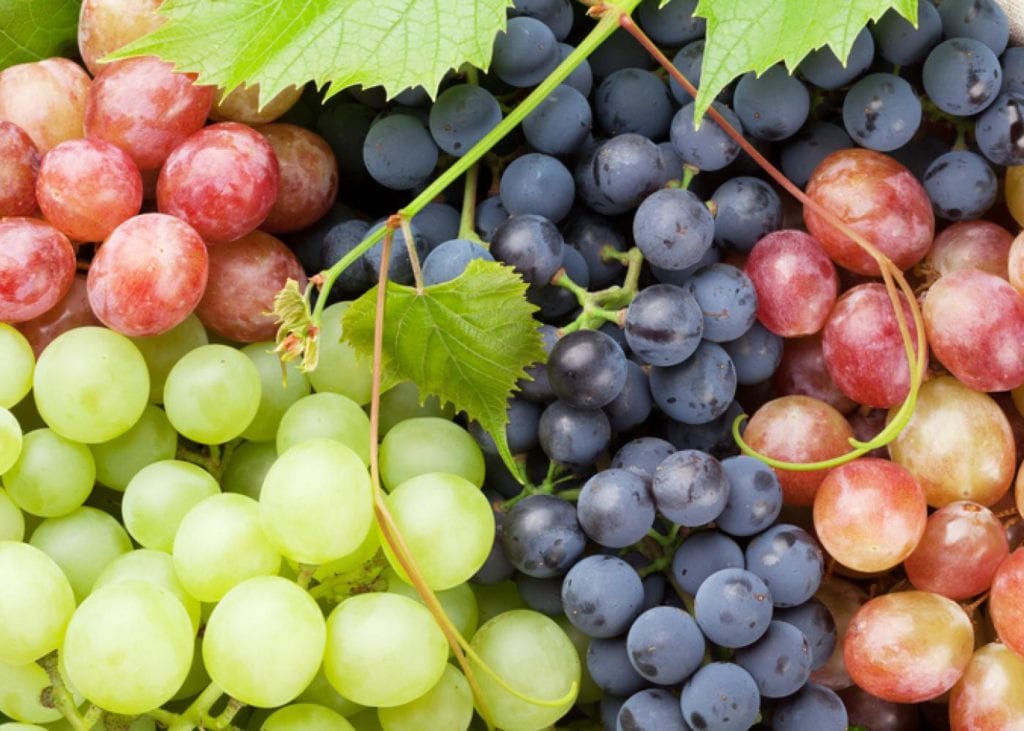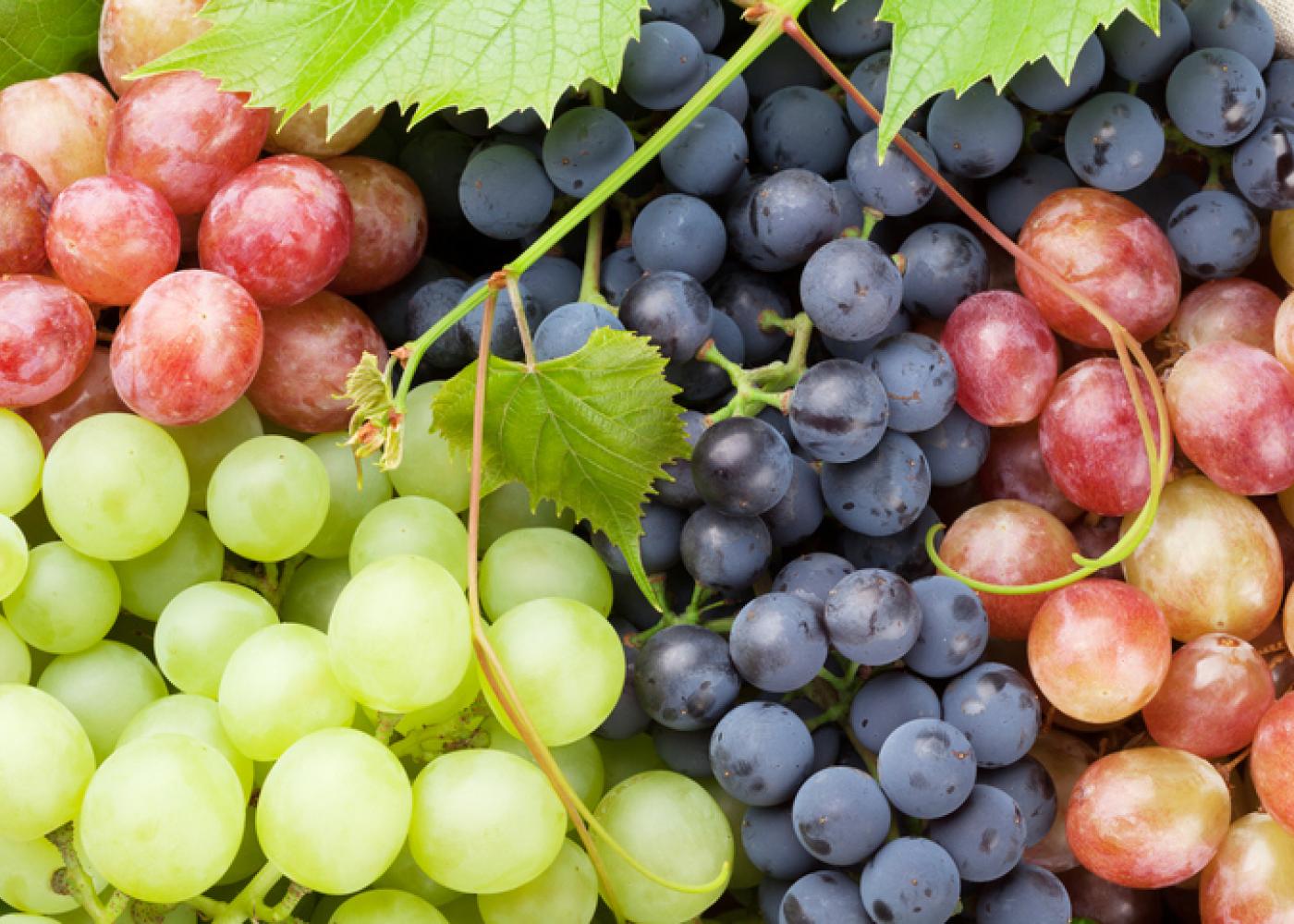
If you are someone who likes to savor a glass of wine, you will undoubtedly be happy to know that studies continue to manifest that wine drinkers procure many health benefits. In particular, red wine has been linked with many improved health results, for example, reduced risk of cardiovascular disease and obesity.
With that said, although drinking wine in moderation can bring about lots of positive effects on your health, not all wine is, for the most part, made equal. Contrary to popular belief, wine is created of much more than just merely grapes. As a matter of fact, some traditional wines can hold up to seventy ingredients, such as food dyes and often sugar, even residual pesticides that can be harmful to one’s health.
For that reason, it would be much better to opt for natural, organic wines. These wines taste and look the same as inorganic, conventional wines. However, they are much better and has particular advantages over drinking traditional wines. For a little help, here are some reasons why you should drink wines made with organically grown grapes.
They Cost, Taste, and Look the Same As Other Wines
Probably the most significant misinterpretation about natural, organic wines is that they do not, for the most part, taste as good as traditional wines. However, this misconception is not true. Wines made with organic grapes come from organically and naturally tended plantation of grapevines.
The grapes that come from these vineyards ripen like other typical wine grapes. Also, they are made and created into wine in the same process. Therefore, organic wines will not taste any different from traditional wines such as Sokolin Latour wines.
Furthermore, naturally-grown grape wines are, more often than not, priced quite competitively. For instance, if you go shopping for Sauvignon Blanc and got two Chilean bottles of wines. The non-organic version costs around $11.99 and the organically grown version costs around $12.99. Looking at this example, we can say that there is not that much difference in price.
They Are Good for You
Well, we all know that organic and natural food are better for us, right? So, when it comes to wines, organically grown wines are also much better. To give you a better explanation, here are three facts about natural, organic wines that propose an improved human health effect.
- Producer of wines aren’t allowed and permitted to use genetically created yeasts for fermentation.
- Vineyard owners are not allowed to use Round Up or glyphosate. Napa banned the usage of this chemical recently because of the potential to cause cancer.
- Wines have fewer sulfites.
Obviously, genetically modified yeasts, glyphosate, and sulfites have not yet been proven to harm humans. Thus, minimizing the intake is considered as a necessary precaution. Nevertheless, opting for organic, natural wines will check all those boxes.
They Are Environment-friendly
Biodynamic, organic, and beyond organic (for example permaculture) farming methods are the best ways to improve the wildlife quality, air quality, water quality, and the quality of the soils.
However, it is crucial to note that organic farming is quite challenging for a couple of reasons:
- Lower yields because of lesser chemical use.
- Plant diseases and pest infestations are time-consuming and more challenging to solve. They need revolutionary solutions via patient observation.
- Annual farming tends to cost higher because of the need to do more work.
Free from GMOs and Synthetic Additives
Wines made with organically grown grapes don’t contain or hold any synthetic additives. By that we mean, synthetic herbicides and pesticides won’t be found in natural, organic wines. Also, they do not contain genetically modified organisms (GMOs) because such chemicals are not allowed in organic farming.
What To Look For an Organic Wine
So, what elements should you look for in a quality organic wine? The following components are what makes natural, organic wines a better option than conventional wines.
- Lower alcohol content
- Grapes aren’t irrigated
- Minimal use of new oak
- Minimal filtering
- Free of mycotoxins and molds
- No additives
- No sugar
- No sulfites
- Hand-harvested grapes
- Biodynamically produced
Takeaway
There are already many associated health benefits with wine drinking (in moderation). What more with an organically grown wine? Organic wines are made with naturally grown grapes, made with natural ingredients, and free from synthetic additives. The look, cost, and taste are the same with any conventional wines that you may have tasted.
If you are new with organic wines, then perhaps you might want to start changing your wine buying habits now. In order for a thing to change, it must begin with you. It may not happen in one night, but it can occur over time. Opt for organic wines and support those people or farmers who make organically grown wines. Make the time and effort to choose organic, natural wines in your next buy.
